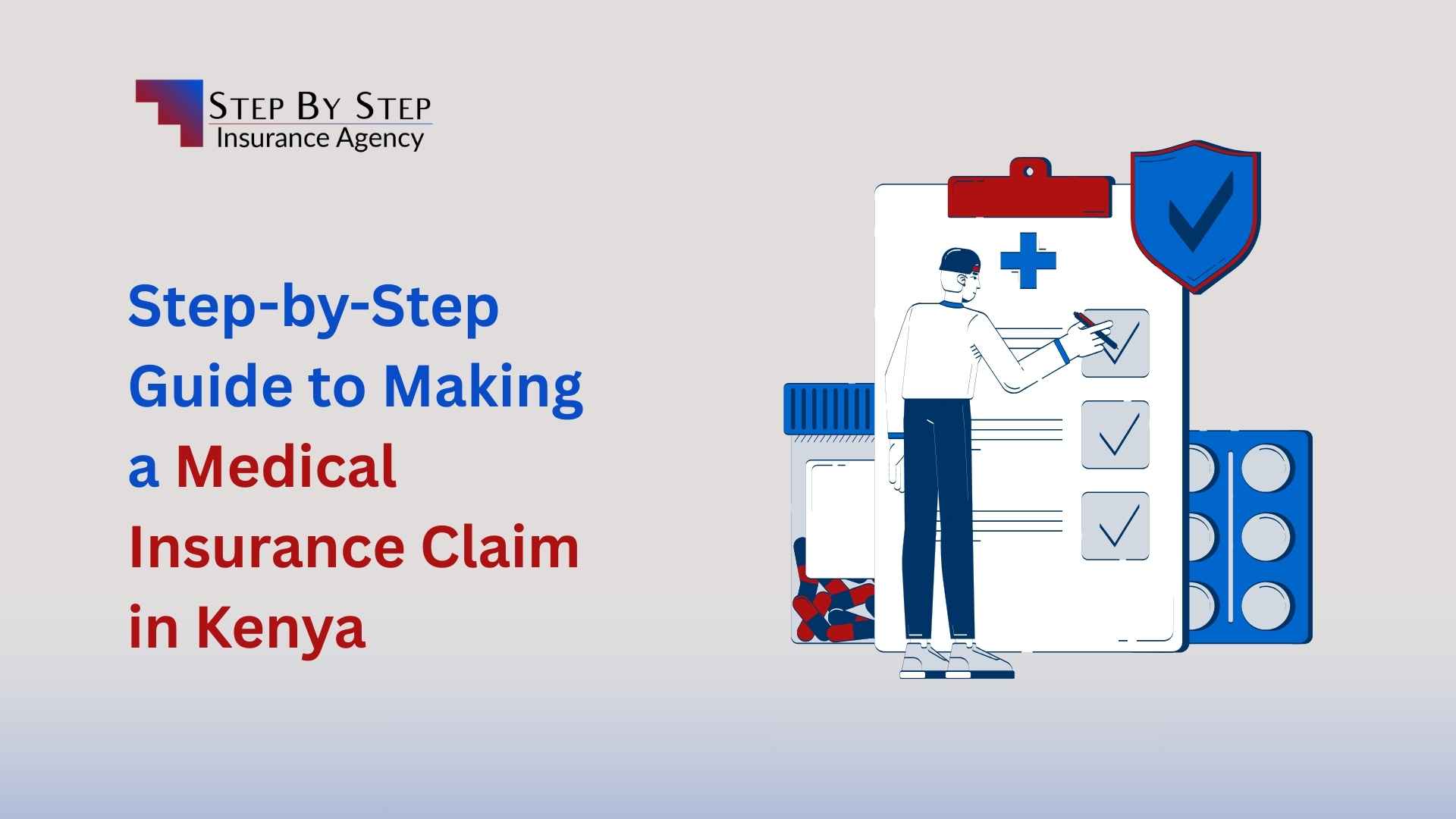The Insurance Professionals Bill 2024: New Laws Signed to Reform the Insurance Sector and Combat Money Laundering in Kenya
On June 17, 2025, President William Ruto signed into law two landmark bills aimed at reforming Kenya’s insurance sector and strengthening the country’s defenses against money laundering and terrorism financing. These are the Anti-Money Laundering and Combating of Terrorism Financing Laws (Amendment) Bill, 2025, and the Insurance Professionals Bill, 2024. Together, these laws establish a comprehensive legal and regulatory framework designed to professionalize the insurance industry, enhance consumer protection, and safeguard the financial system from illicit activities.
Key Takeaways
- Dual legislation signed: Anti-Money Laundering Amendment Bill and Insurance Professionals Bill enacted simultaneously
- Enhanced security: Stricter measures against money laundering and terrorism financing in insurance sector
- Professional standards: Mandatory registration and certification for all insurance practitioners
- New regulatory bodies: Establishment of Insurance Institute of Kenya and specialized boards
- Consumer protection: Strengthened mechanisms to reduce fraud and malpractice
- Global alignment: Kenya’s insurance sector now meets international best practices
Table of Contents
- Strengthening the Financial System Against Illicit Flows
- Professionalizing the Insurance Sector
- Establishment of Key Regulatory Bodies
- Registration and Licensing Framework
- Examination and Certification
- Professional Standards and Disciplinary Mechanisms
- Institutional Governance and Collaboration
- Expected Impact and Benefits
- Challenges and Considerations
- Conclusion
- Resources & Links
Join Our Insurance Professionals Community
Connect with industry experts, get the latest updates on regulatory changes, and discuss trends shaping Kenya’s insurance sector.
Join WhatsApp GroupStrengthening the Financial System Against Illicit Flows
The Anti-Money Laundering and Combating of Terrorism Financing Laws (Amendment) Bill, 2025, updates Kenya’s legal framework to better detect, prevent, and punish money laundering and terrorism financing. This legislation imposes stricter compliance requirements on financial institutions, including insurance companies, to ensure transparency and accountability in financial transactions. By tightening regulatory oversight, the law aims to protect the integrity of Kenya’s financial sector and align it with international standards for combating financial crimes.
Professionalizing the Insurance Sector: The Insurance Professionals Bill, 2024
The Insurance Professionals Bill, 2024, is a transformative statute that seeks to elevate the standards of professionalism, ethics, and accountability within Kenya’s insurance industry. It introduces a structured and mandatory registration and certification system for all insurance practitioners, thereby formalizing the profession and enhancing consumer confidence.
Establishment of Key Regulatory Bodies
The Bill establishes several institutional bodies to oversee the insurance profession:
- Insurance Institute of Kenya (IIK): The central professional body responsible for regulating, developing, and promoting insurance practitioners’ standards. The IIK will coordinate continuous professional development, ethical conduct, and represent the industry regionally and internationally.
- Insurance Professionals Examinations Board: Charged with administering professional examinations to ensure practitioners meet the required knowledge and competency standards.
- Registration of Insurance Professionals Committee: Responsible for registering qualified insurance practitioners and maintaining a registry of licensed professionals.
Registration and Licensing Framework
The Bill mandates a bottom-up registration regime whereby all insurance practitioners must be registered and hold valid practising certificates to operate legally. Registration criteria include relevant qualifications, experience, and good character. This framework ensures that only competent and ethical individuals engage in insurance activities, thereby reducing fraud and malpractice.
Examination and Certification
To qualify for registration, insurance practitioners must pass examinations administered by the Insurance Professionals Examinations Board. Certification is a prerequisite for selling insurance products, ensuring that agents and brokers possess adequate technical knowledge and professionalism.
Professional Standards and Disciplinary Mechanisms
The Bill establishes a Disciplinary Committee empowered to investigate and sanction professional misconduct. These mechanisms promote accountability and high service standards, protecting consumers from unethical practices. The IIK will also oversee continuous professional development to keep practitioners updated on industry best practices.
Institutional Governance and Collaboration
The IIK will be led by an Executive Director and supported by staff to implement the Bill’s provisions effectively. The Institute is also tasked with fostering collaboration with regional and international insurance bodies to enhance the sector’s reputation and integration.
Expected Impact and Benefits
These laws are expected to:
| Impact Area | Expected Outcome |
|---|---|
| Professionalism & Ethics | Enhanced standards improving public trust in insurance services |
| Consumer Protection | Stronger regulatory oversight and disciplinary mechanisms |
| Fraud Reduction | Decreased malpractice through mandatory certification |
| Formalization | Regulation of previously informal agents and brokers |
| International Standing | Improved reputation in global insurance markets |
| Sector Growth | Increased investment and market expansion opportunities |
Challenges and Considerations
While these reforms mark significant progress, challenges remain. The formal registration and certification requirements may initially exclude some informal insurance agents, necessitating capacity-building programs to help them meet new standards. Additionally, effective enforcement will require adequate resources and coordination among regulatory agencies.
Important Resources
Conclusion
The signing of the Anti-Money Laundering and Combating of Terrorism Financing Laws (Amendment) Bill, 2025, alongside the Insurance Professionals Bill, 2024, represents a milestone in Kenya’s efforts to modernize and secure its insurance sector. By establishing robust regulatory frameworks, professionalizing practitioners, and enhancing consumer protection, these laws lay the foundation for a more transparent, accountable, and resilient insurance industry that can support Kenya’s economic growth and financial stability.
This comprehensive legal reform aligns Kenya’s insurance sector with global best practices, ensuring it remains competitive and trustworthy in an increasingly complex financial environment.






